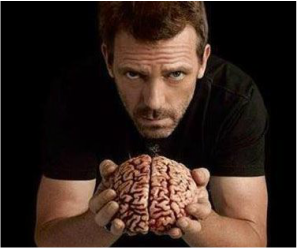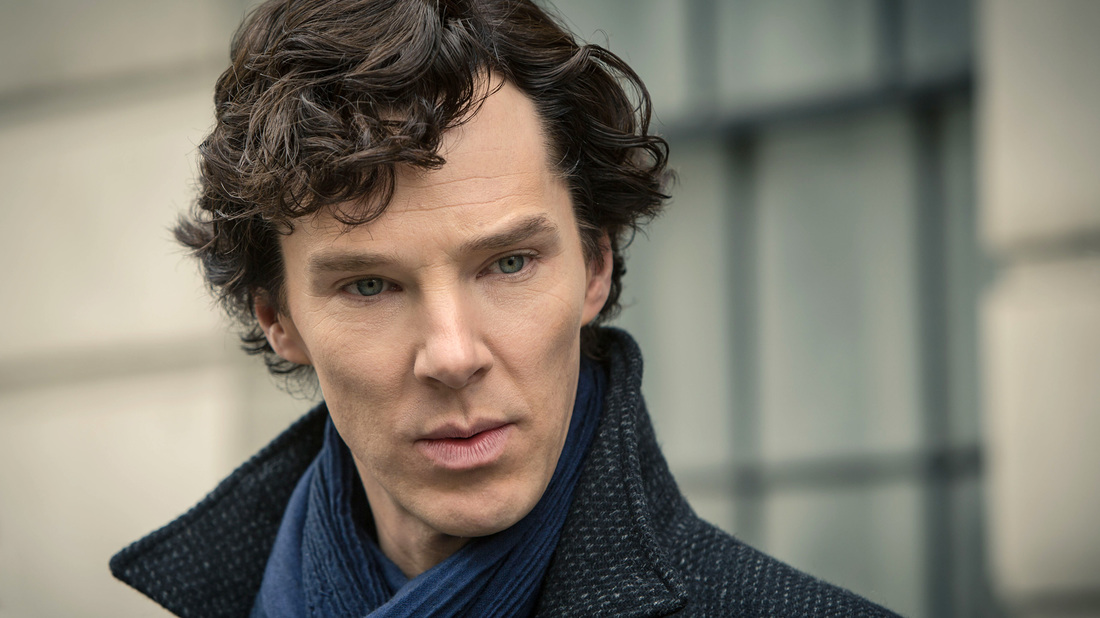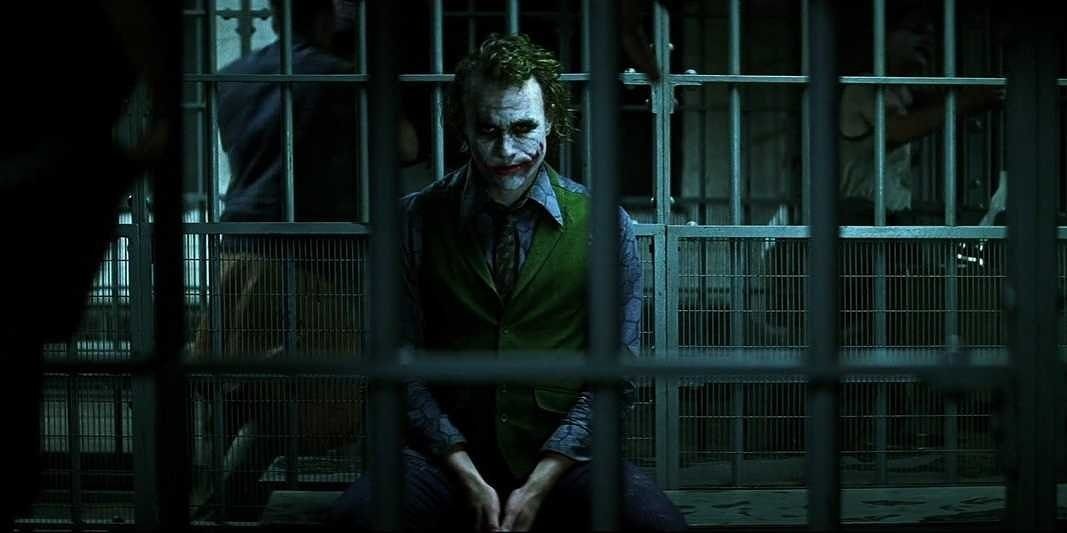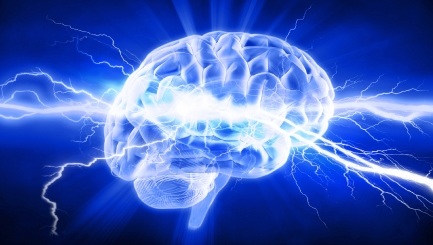
To meet this challenge, some writers resort to pseudo-intelligence in an effort to make their characters seem clever.
Technobabble, long words, and inscrutable offerings of wisdom that don't actually mean jack are all classic fallbacks.
Unfortunately, they're also rather unconvincing ones, at least in my mind.
1. Making accurate deductions from fleetingly mentioned facts
If a fact is prominently mentioned and clearly emphasized, it's easy for the audience to realize that it's obviously relevant.
When this happens, the reader will pay more attention to this fact, and might very well make the needed deductions before the characters do, thus making the cast look slow instead of smart.
But when a character can notice and remember things that the narrative mentions only in passing, and form accurate deductions from them, it shows that they're a highly observant individual who notices things that others don't, and who can use the data they collect more effectively than the people around them.
Obscure knowledge can make a character look smart, but it's also easy to falsify - at least until your readers check Google. Above-average use of readily available knowledge, however, proves itself immediately, and it also makes me admire the character more because they put it all together so quickly.
2. Thinking of tactical considerations that the audience hasn't thought of
The story is nearing a battle scene. You're pretty sure you know what the characters are going to do, at least at the outset of the fight - after all, no plan survives first contact.
But then a character stands up and says, "Due to these attributes of our enemy's abilities, this aspect of the terrain, and these powers that our team has, why don't we do it this way instead?" And I find myself thinking, Why didn't I think of that?
As with #1, this is most effective when the data they're using is available to everyone. When a character draws a conclusion from information that was never mentioned, it feels more like a deus ex machina or a cheat than clever cred fairly earned.
But when a character can look at the same information I'm looking at, and come up with plans and strategies that are better than the ones I thought of, then I am genuinely impressed.
3. Defeat is all part of the plan
Any character can use victory to their advantage. But when their enemies defeat them, only to discover that the defeat itself was part of their plan, THEN you know that it's time to start taking that character seriously. If you weren't already.
4. Extreme multitasking
Farscape's Stark looks, sounds, and acts like his brain has been badly fried. Given his backstory, it arguably has been.
But as the following bit of dialogue reveals, underneath the surface of that fractured mind, he has mental capabilities beyond the limits of normal people.
Accomplice 1: "How will I know when to start burning the generator?"
Stark: "I TOLD YOU! We'll all be on a silent count for the entire battle!"
Accomplice 2: "A silent count? While we're fighting?"
Stark: "Yes! It's easy!"
Obviously, keeping an accurate silent count during a firefight is not easy. Unless, of course, you have the ability to follow multiple trains of thought simultaneously, and to do so effectively, even if one of them is hard and complex.
So if a character can do this, even if they aren't that smart in other areas, they clearly have a pretty powerful brain.
5. Predicting other characters' actions
Some characters have a hard time figuring out what they are going to do next, never mind everybody else.
And then there are the characters who have other people figured out so well that they know what those people are going to do before the people themselves decide.
Their opponents think they're being clever, only to discover that every move they made was already factored in, and both they and the audience realize that they're dealing with a genius.
6. Thinking fast
Almost any reasonably smart character can solve a complex problem, come up with a clever strategy, or put the facts together into a deduction if they're given enough time.
But when a character can do it in the time it takes for a glass to fall or an opponent to reach for their weapon, you know you're looking at a very sharp mind.
7. Having a big, long list of good reasons
Some characters make an important or crazy decision on a hunch, and look like they're either intuitive, crazy, or blessed by cheating plot gods.
Some characters have one or two good reasons, and most of the cast and audience is convinced.
Then there are the characters who have a list of reasons as long as their arm.
They can name every single one of the problems that their crazy action solves, the benefits it provides, the reasons why the alternatives aren't as good, and the long-term advantages to doing things their way.
When a character can justify their actions that thoroughly, they may risk coming across as a windbag, but it definitely shows that they've thought their decision through.
What makes YOU think a character is smart?
Do you have any tips to share about writing smart characters?



 RSS Feed
RSS Feed